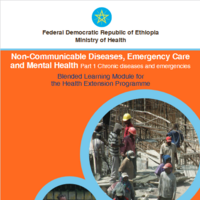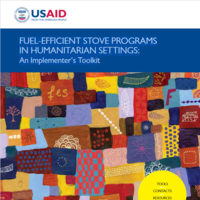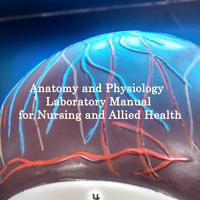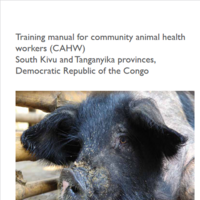Search
Books+
Searching 1,730 books
Search related to the career Occupational Health Nurse
Programs Implemented by Occupational Health Nurses:
1. Health and Safety Training: Occupational Health Nurses develop and implement training programs to educate employees on workplace health and safety practices. This includes topics such as proper lifting techniques, ergonomics, personal protective equipment (PPE) usage, and emergency response procedures.
2. Workplace Hazard Assessments: Occupational Health Nurses conduct thorough assessments of the workplace to identify potential hazards and risks to employee health and safety. They analyze the work environment, equipment, and processes to recommend appropriate control measures and ensure compliance with regulatory standards.
3. Health Promotion and Wellness Initiatives: Occupational Health Nurses design and implement programs to promote employee wellness and prevent work-related health issues. These initiatives may include wellness campaigns, stress management programs, smoking cessation support, and fitness activities.
4. Injury and Illness Prevention: Occupational Health Nurses develop strategies to prevent workplace injuries and illnesses. They collaborate with management and employees to establish safety protocols, conduct incident investigations, and analyze injury trends to identify areas for improvement.
5. Return-to-Work Programs: Occupational Health Nurses play a crucial role in facilitating the safe and timely return of employees to work after an injury or illness. They coordinate with healthcare providers, assess employees' fitness for duty, and develop modified work arrangements or accommodations to support the return-to-work process.
6. Health Surveillance: Occupational Health Nurses implement health surveillance programs to monitor and assess the health status of employees exposed to specific workplace hazards. They conduct medical examinations, health screenings, and biological monitoring to detect early signs of occupational diseases or adverse health effects.
7. Emergency Preparedness: Occupational Health Nurses contribute to emergency preparedness plans and procedures in the workplace. They participate in drills, train employees on emergency response protocols, and provide immediate medical assistance during workplace emergencies or incidents.
8. Employee Assistance Programs (EAP): Occupational Health Nurses may be involved in the development and administration of EAPs. They provide confidential counseling, support, and referrals for employees facing personal or work-related challenges that may impact their well-being and job performance.
9. Health Risk Assessments: Occupational Health Nurses conduct health risk assessments to identify potential health hazards in the workplace. They evaluate exposure levels, assess the impact on employee health, and recommend control measures to minimize risks.
10. Workplace Health Promotion Policies: Occupational Health Nurses collaborate with management and human resources to develop and implement workplace health promotion policies. They advocate for policies that support healthy lifestyles, work-life balance, and a positive work environment.
Please note that the specific programs implemented by Occupational Health Nurses may vary depending on the industry, organization, and regulatory requirements.
Source: Various AI tools

























